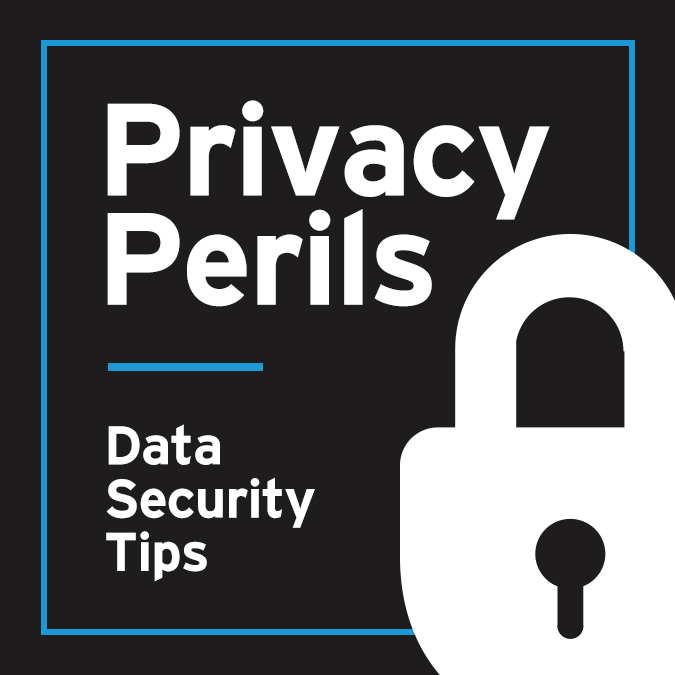As we store an ever increasing amount of financial, health and other sensitive personal information online, protecting online personal information is even more important — particularly given the reality of data breaches and hackers. Diligent password management is critical, but something about which most people don’t give a passing thought.
Most people create passwords that are easy to remember and then re-use it across a multitude of sites and accounts. However, if just one site suffers a breach or a clever hacker guesses a user’s password, this information could allow the cyber-criminal access to one’s bank accounts, investment accounts, email accounts, loan accounts, dating sites, etc.
“Experts” might disagree on password best practices; however, inaction is not an option. Make time to do some digital housekeeping. Here are some thoughts to consider:
- Create strong passwords that are long and complex — particularly for sites where you store the most sensitive information.
- Consider using a nonsensical combination of characters (1TiC!AZ#$%) or a one-sentence summary of strange life events (ThedogAtetheCoTToncandyonMay1st$).
- Use numbers, random capitalization and special characters in all passwords.
- Create a different password for each account and site.
- Regularly change your password.
- Never use your name, email address, home address or social security number as a password.
- Do not give your password to someone you don’t know — it is highly unlikely that a site or business will ask you for your password — rather, they will ask you to change your password.
- Consider using a password manager (such as LastPass or 1Password), which creates strong random passwords and syncs them securely across your browsers and devices.
- If available, always enable a site’s additional security features such as two-factor authentication.
 Check out our series, Privacy Perils, to learn what steps you can take to guard your personal and company data.
Check out our series, Privacy Perils, to learn what steps you can take to guard your personal and company data.
 Check out our series, Privacy Perils, to learn what steps you can take to guard your personal and company data. For more information about this topic and other cyber security concerns, please contact a member of our Privacy & Data Security team.
Check out our series, Privacy Perils, to learn what steps you can take to guard your personal and company data. For more information about this topic and other cyber security concerns, please contact a member of our Privacy & Data Security team.


